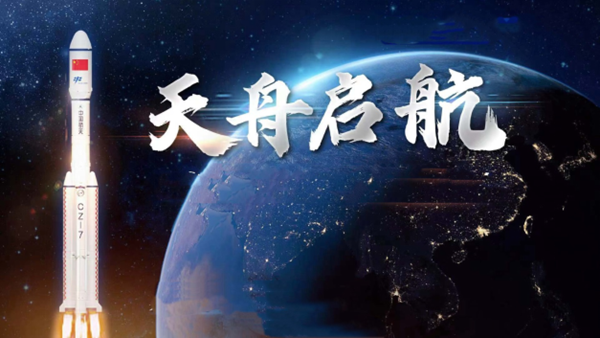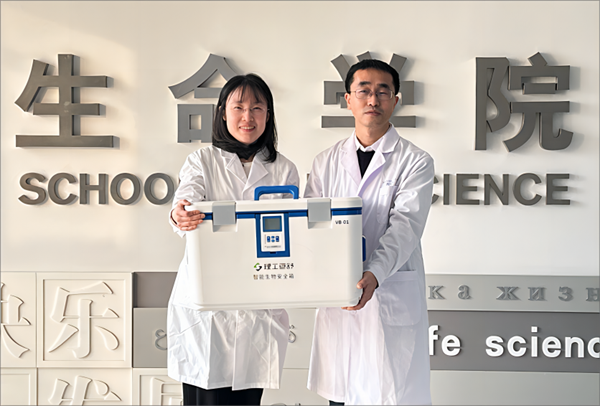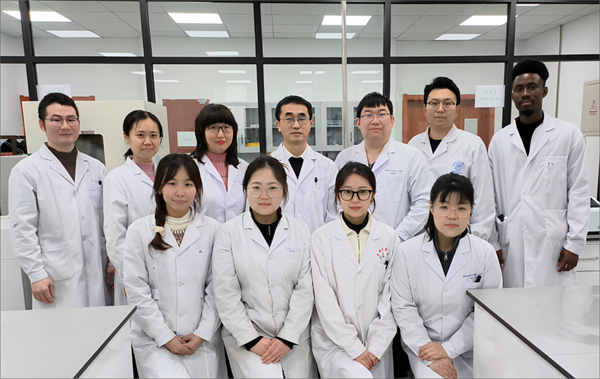On January 17, the Tianzhou 7 cargo spaceship was launched from the Wenchang Space Launch Center and successfully docked with the Chinese space station. Professor Liu Weijie’s team constructed the biofilm genetic engineering strains. By microbial culture chips payload developed by Beijing Institute of Technology, the strain entered the Mengtian science lab module at the Chinese space station and the biofilm research was conducted. The scientific research results of the project were expected to lay a theoretical foundation for prevention and control as well as application of microbial biofilm at Chinese space stations. Two associate Professors, Liu Cong and Sun Di, a Lecturer, Liu Jiawen, two experimentalists, Zhu Jingrong and Dong Zhenshi, who are all from JSNU’s School of Life Sciences, participated in the construction of genetic engineering strains.

[Photo/www.CCTV.com]
It is reported that the project will carry out in-orbit experiments with the assistance of astronauts from January 20, 2024. After its space journey, JSNU will fully support the follow-up scientific research of space biofilm.


Professor Liu Weijie obtained his doctor’s degree in China Agricultural University and he was a joint PhD. student in the University of California, Los Angeles in 2012. Later, he worked as a post-doctor in Nanyang Technological University. Professor Liu has long been engaged in the molecular mechanism as well as prevention and control strategies of microbial biofilm formation. He has published more than 40 SCI papers in Nature Communications, Applied and Environmental Microbiology, Biotechnology for Biofuels and Bioproducts, mLife, etc. as the first or corresponding author. Also, he has obtained 7 patents for invention as the first patentee.
